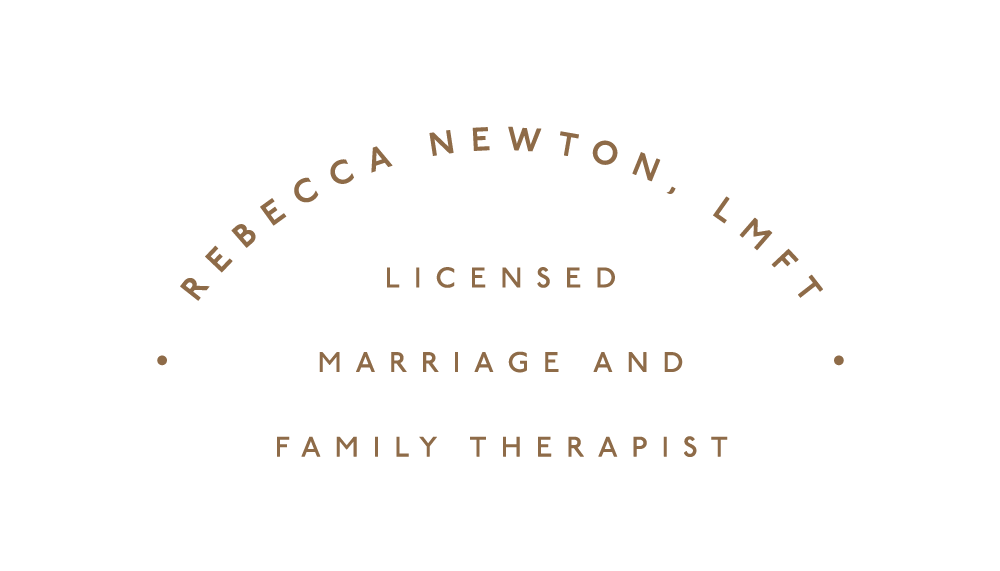Post-Pandemic Mood Disorder
Sad. Listless. Low energy. On edge. Irritable.
If any of these words describe how you’ve been feeling lately, you’re not alone. Many of my friends, colleagues, clients, and family has been feeling the same way. Let’s give it a pretend name and diagnosis, “Post-Pandemic Mood Disorder”. So, that’s not really what it is called but I will go ahead and push my idea that it is a real thing.
Ok, so in reality while this may not be a real diagnosis, it is a real experience that many people are going through right now. There is a sort of grief process happening with the return to pre-pandemic life. Going back to work. Social events. Restaurants. Commutes. So how did we get here and what can we do about it?
First, let’s recap. March 2020 many places in the World, United States, and California (where I live) shut down almost completely. Nothing. Everyone stayed in their homes as much as possible. Move forward over the next year and we were faced with fluctuating and often confusing rules, regulations, limitations. There was opening up and shutting back down. There were breakout clusters of virus, illness, and death that seemed to move around the state, country, and world with unpredictability. Most people worked from home, ate at home, entertained themselves at home, and worked out from home much of the time. Our homes suddenly became the hub of everything. The people close by became the only people you would see. It was a painful transition, but over time everyone adjusted.
Fast forward to now. Everyone has mostly adjusted to this new way of life. Social circles shrank. External activities almost eliminated. Life has been reduced to something much simpler. Everyone adapted to less commuting, less social interaction, eating at home, finding entertainment at home or in their own neighborhood, and living a life that was slowed down. We have found a sort of comfort in this way of life. We have been protected in our homes, safe from many of the outside stressors and pressures we faced before.
But all of a sudden this is changing. Now, as things rapidly progress forward, the world is opening back up. Also opening back up is our inner world, our sense of safety, and our need to face some of the unhealthy habits we had before. The pull to return to the office, commute both ways, fill our time with distractions, and feeling disconnected from family has returned. We are now being asked to adapt AGAIN. This is no small ask.
After 15 months of constant adapting, adjusting, accommodating. I think people are burned out. I think people are tired. I think people are scared to go back to life before the pandemic while also being afraid of staying cooped up like we were during the pandemic. There is no baseline to return to that feels safe. This is disorienting.
So back to where we started. If you are having feelings about this transition, you are NOT alone. Many, many people are struggling in various ways and various intensities. This is a big change, coming after a series of big changes. Humans feel off balance when we don’t have a baseline (homeostasis). I don’t have a perfect solution for how to manage this as it is brand new territory, but I have some ideas about how to help yourself navigate and regulate during this transition.
Go slow. This is not a race. Go at the pace that feels good to you. If you are ready to get back out there and socialize and adventure, then go for it! If you’d rather hang back for a minute and adjust to the changes, think through your path, then care for yourself and do that.
Stay grounded. Check in with yourself regularly. Check in with how you feel. What makes you feel good, and what makes you feel bad? Notice this and use your feelings to guide your choices.
Be ok with being outside of the box. This is your moment to color outside of the lines. Didn’t like how you used to live your life? Then don’t go back to that! Don’t follow the pack. Follow your own lead.
Build relationships with those who nurture your sense of safety. Nobody has time for toxic relationships now. There is no place for it. Find the people that build you up, nurture you, and make you feel secure. Be with those people.
Make a practice of caring for yourself. We all have learned the value of human life this last year. Too many lives lost to the virus, to racism, to hate. Life is valuable, so appreciate and value your existence. You are valuable. Thank you for being here and for being you.
Get yourself a therapist. There are no excuses. Everyone was able to jump the hurdles to therapy this past year. Therapist saw record numbers of new clients reaching out. The stigma is gone. Reach out. Find your person. Work through your stuff. Be the best you that you can be.
Allow yourself to grieve. This is a loss. It is a loss of how things were, how they have been, and you are allowed to grieve that. You can be excited to get back to life while also grieving this unique time at home.
If you are feeling anxious, sad, lonely, worried, or on edge, you are not alone. You are a human transitioning for the hundredth time, adapting as well as you can, facing internal and external pressures, and doing the best you can. Give yourself some compassion for everything that you’ve gone through in the last 15 months, you have really overcome a lot. And reach out for support if you need it. Call a friend, a family member, or a therapist. This is such a wonderful opportunity to heal.
